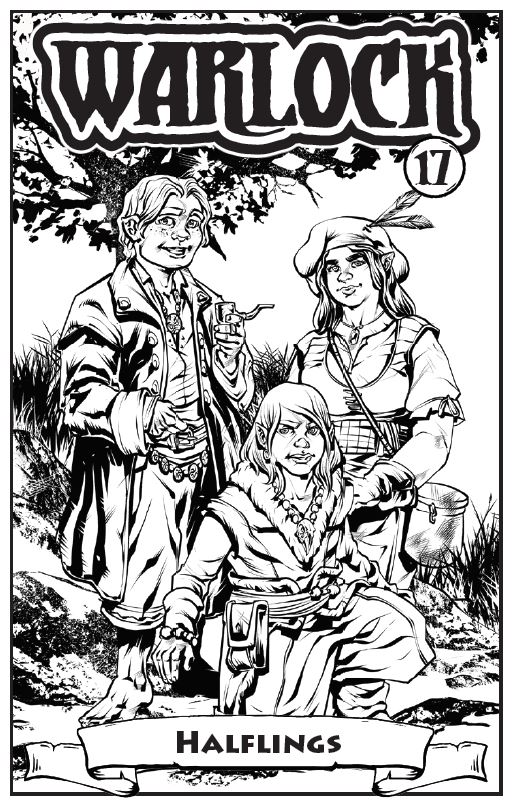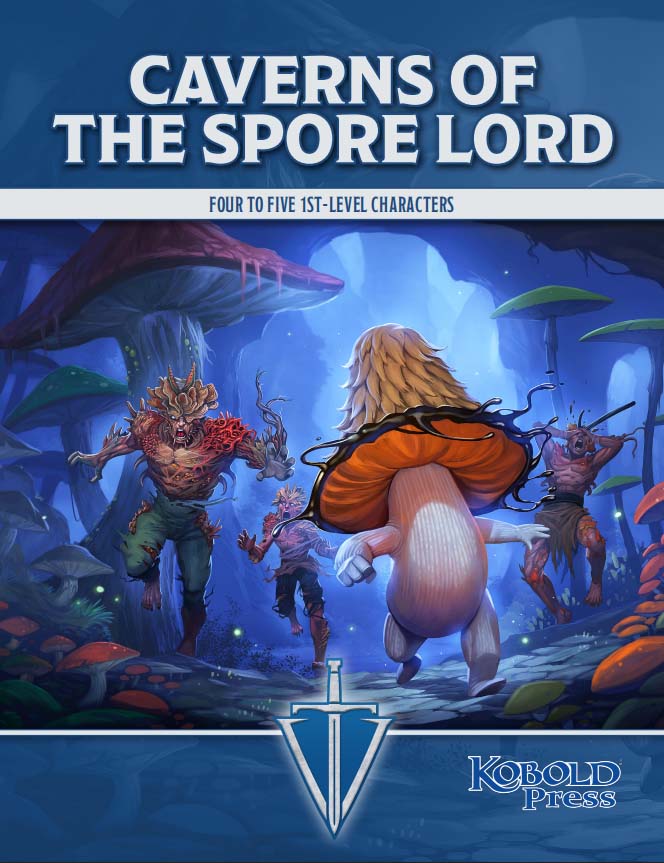 The Small Folk of Domovogrod
The Small Folk of Domovogrod
The origins of the winterfolk are shrouded in mystery. Sightings of them are so rare in most parts of the world that some doubt they exist at all. Sages debate whether or not they were a distinct people prior to the Great Retreat or if they were once courtfolk or riverfolk halflings who broke away from their kin when the elves departed. It is assumed they were once loyal servants to the elves like the courtfolk, and they still bear a great deal of respect for elves and the elfmarked, though they have little love for the shadow fey.
Despite their scarcity, the winterfolk do exist. They dwell in the northern portions of the Rothenian Plains, particularly in the Duchy of Domovogrod, north of the Raven’s Road. Before the fall of the Silver Mountain Kingdom, they lived in comfortable huts and burrows in the hills. When the giants sacked the kingdom, the winterfolk were driven from their homes into the rugged wilds. Because they are almost always encountered while they are hunting, many believe winterfolk are nomadic. They are not. Small communities of them hide their sod-roofed huts throughout the lowlands of the Tunturi Range, trusting the rugged terrain will keep intruders from finding them.
Hearts of Ice and Iron
Winterfolk homes are devoid of comforts, befitting a people that has come to almost relish hardship. When their lives become too comfortable, winterfolk begin to fear they have upset their ancestors and the land. They seek out challenges with a zeal that appears suicidal to others.
Winterfolk rarely let their guard down because a lapse in attention can spell doom for themselves or their community. Like their courtfolk and riverfolk cousins, community means a great deal to winterfolk, and they will give no quarter to any creature that seeks to threaten the freedom and security of their settlement. Otherwise, winterfolk regard their southern kin with disdain and sadness. They view other halflings, perhaps erroneously, as frivolous, lazy, and selfish.
The life of a winterfolk child is as rugged as that of an adult. From the time they can walk, they are expected to keep up with their family. As soon as they have the strength to hold tools, fishing nets, or weapons, they are taught how to use them. Children are expected to hold their obligations to family and settlement above all other considerations.
Winterfolk are superstitious. When a relative dies, they are cremated holding four stones, two in each hand, and the ashen remains are kept in an urn in a quiet place. A candle is burned in honor of a dead relative for four days following their death. On the fourth anniversary of the death, the winterfolk’s cremated remains are divided into four parts and left to be scattered by the wind in four different locations. If these rituals can’t be followed, winterfolk wisdom states that the dead will return as an ashen ghost to slay their still living family unto the youngest generation.
Women are held in slightly higher esteem than men within their settlements, and they tend to hold most positions of importance in their communities, though this is not universally true. All are expected to contribute equally to the family unit, and men are as likely to be found carrying young offspring with them in leather and fur slings while they work or hunt as women.
Winterfolk Settlements
Winterfolk communities are most commonly found in the craggy foothills of the northern Rothenian Plains. Settlements are always small, rarely numbering more than two dozen individuals sharing a few huts. Most colonies are comprised of a few intermarried families, and rarely are more than two or three generations represented.
Whatever crops the winterfolk can eke out of the unforgiving soil grow amidst the structures of the settlement. Winterfolk never plant recognizable fields, nor do they prune trees or bushes in the hopes that creatures passing through the territory mistake the chaotic jumbles of plants for wilderness rather than cultivated orchards and gardens…


